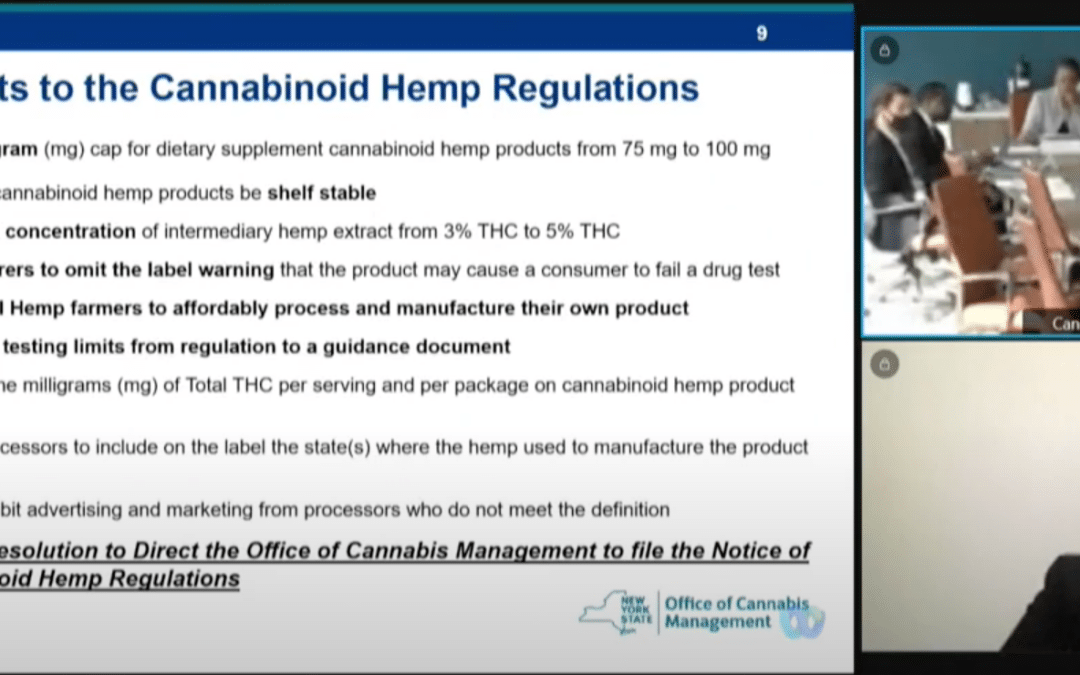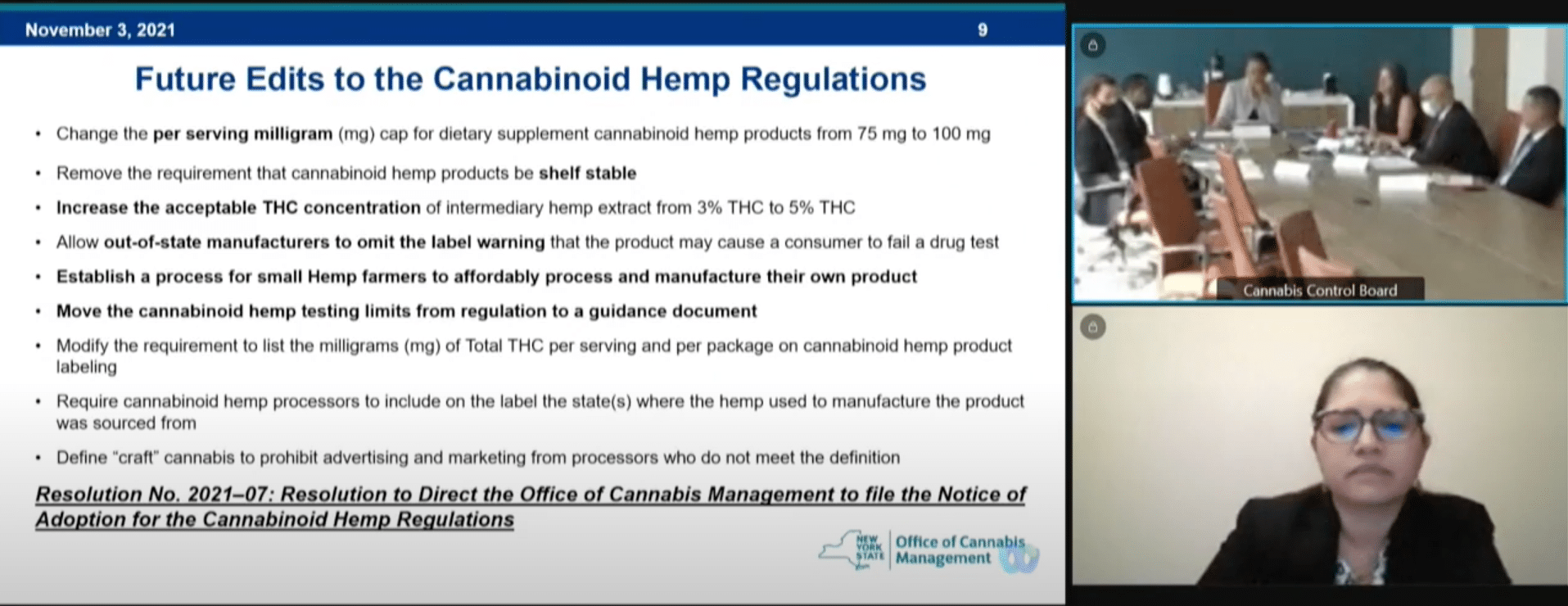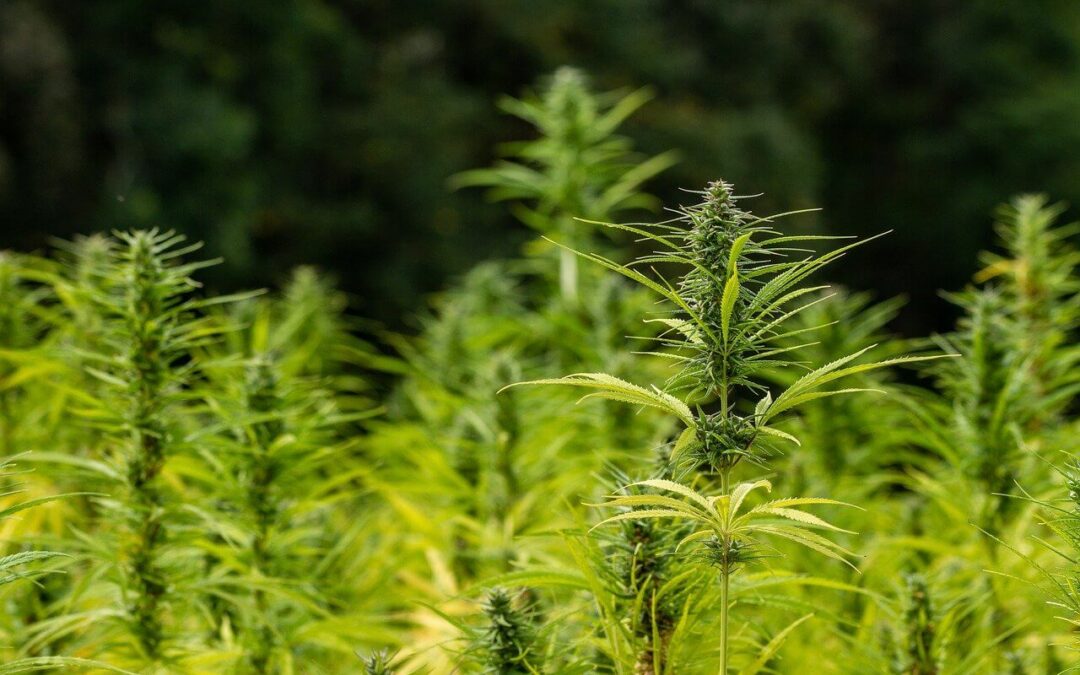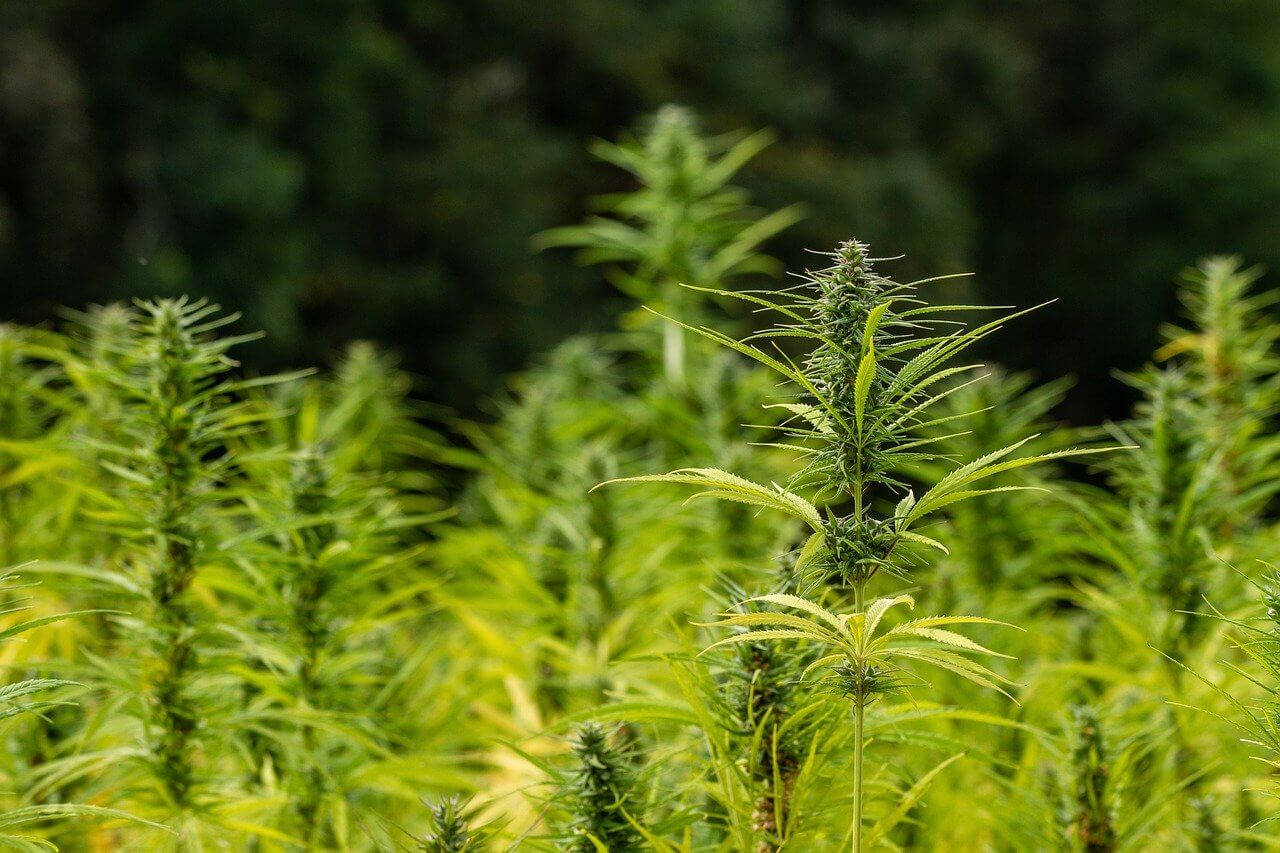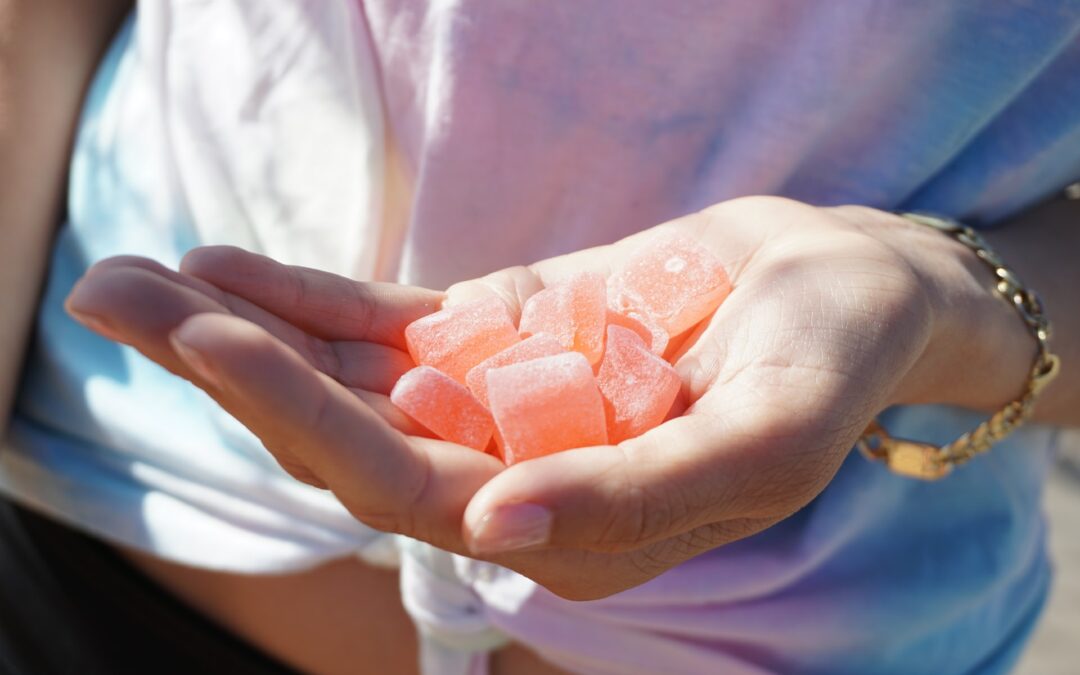
Is the FDA cracking down on Delta 8 THC?
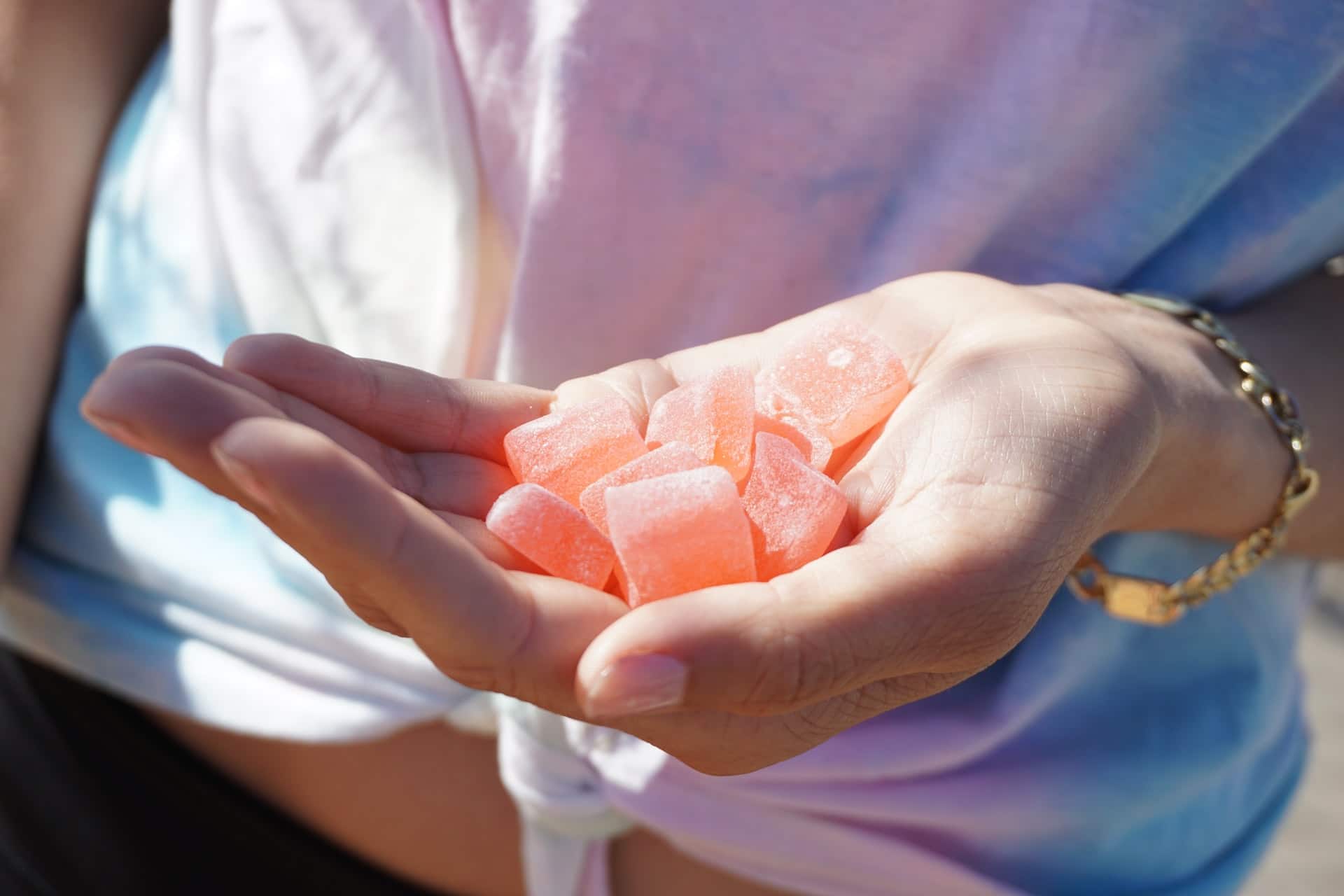
The FDA recently issued warning letters to several companies for selling Delta 8 THC gummies and other Delta 8 THC products. Is a crackdown coming?
On May 4 of this year, the FDA issued five warning letters to Delta 8 THC retailers. It is not uncommon for the FDA to send warning letters to companies that could be making false medical claims about their products.
But this is the first time the FDA gas written warning letters specifically to Delta 8 THC companies.
The FDA has also released a consumer advisory warning on their official website regarding Delta 8 THC gummies and other Delta 8 THC products. In other words, D8 has been on the FDA’s radar for some time.
It is possible that more scrutiny could be coming down on the Delta 8 THC industry, which is mostly unregulated at the moment.
The FDA is approaching Delta 8 similarly to how they deal with CBD and other hemp products. The Farm Bill passed in 2018 legalized “industrial hemp” on the federal level. Under the ruling any cannabis plant that has lower than .3% THC on a dry weight basis is legal to possess, grow and sell across state lines.
The Farm Bill is responsible for the rapid expansion of the CBD industry, and D8 is a product made from CBD in most cases.
This association implies that Delta 8 THC should be legal as it comes from the hemp plant and CBD, both of which are legal. Despite the size of the CBD industry, it still lacks proper oversight from the FDA. What the FDA will do is devote a limited amount of agency resources to enforce against companies making medical claims about their products.
Legally, a CBD company can’t put any sort of medical benefits on the label or marketing for their products. This is because the FDA doesn’t recognize CBD as a medical supplement. They don’t recognize D8 either.
Delta 8 THC FDA Warning Letters
The five letter issued by the FDA went specifically to companies that were making “misleading claims” about medicinal benefits in D8 products. In their letters to the companies the FDA included the claims that were made. Here are a few examples:
- “Delta-8 consumers report many of the same effects as THC, such as . . . relief from some symptoms such as pain . . .. Delta-8 can also help with insomnia.”
- “Delta-8 THC Syrup from Kingdom Harvest is ideal for anybody experiencing a sleeping disorder or other ailments looking to be relieved.”
- “If you have cancer, rheumatoid arthritis, and migraines, Delta-8 THC can help alleviate the pain because it has immunosuppressant properties.”
According to the FDA, the presence of drug claims on the products technically classifies them as unapproved new drugs. Under the FDCA (Federal Food, Drug, and Cosmetic Act), new drugs may not be introduced into interstate commerce without being approved by the FDA. Because the products were not approved, they are technically illegal under the FDCA.
So does this mean that D8 gummies are going away any time soon? Unlikely.
Misleading branding
Misleading branding is nothing new to the cannabis industry. The illicit market is flooded with knockoff D8 products that are imitating popular brands like Doritos, or making Delta 8 THC gummies that look like Haribo gummy bears. Because the market isn’t regulated, there is very little oversight to keep these products off the market.
While some big companies like Skittles have fought back against their likeness being used in Delta 8 THC products, most don’t even know that their likeness is being used. When a customer sees a name-brand logo on a pack of Delta 8 THC gummies, unsurprisingly they are more likely to think it is a legitimate product.
Additionally, no D8 products are approved by the FDA as generally recognized as safe (GRAS). Due to this Delta 8 is not approved for use in human or animal products because the required safety data is lacking.
Because the ingredient in the products is not approved, any D8 product is technically “adulterated”, and cannot be sold over state lines. However anybody who has looked up Delta 8 THC gummies online was still probably able to have them shipped from a different state.
While it appears the FDA is beginning to look at D8 more closely, there is still no determining evaluation by the FDA deciding its true legality. Delta 8 THC may be a legal byproduct of industrial hemp, but adding it into food items and supplements is where the lines get blurry.
For this reason, one should always be extremely weary of any D8 product that makes a medical claim or markets the product to have specific benefits. There is no way to verify their claims, and they could be completely false.
The FDA is still devoting very limited resourced to enforcing rules against Delta 8 THC retailers. They have only sent out five letters, when there are thousands of Delta 8 THC gummies and other products being sold online across the country daily.
The longer it takes the FDA to reign in CBD and D8, the more out of control the market could become, making it too large to reign back in and increasing risk for consumers.



